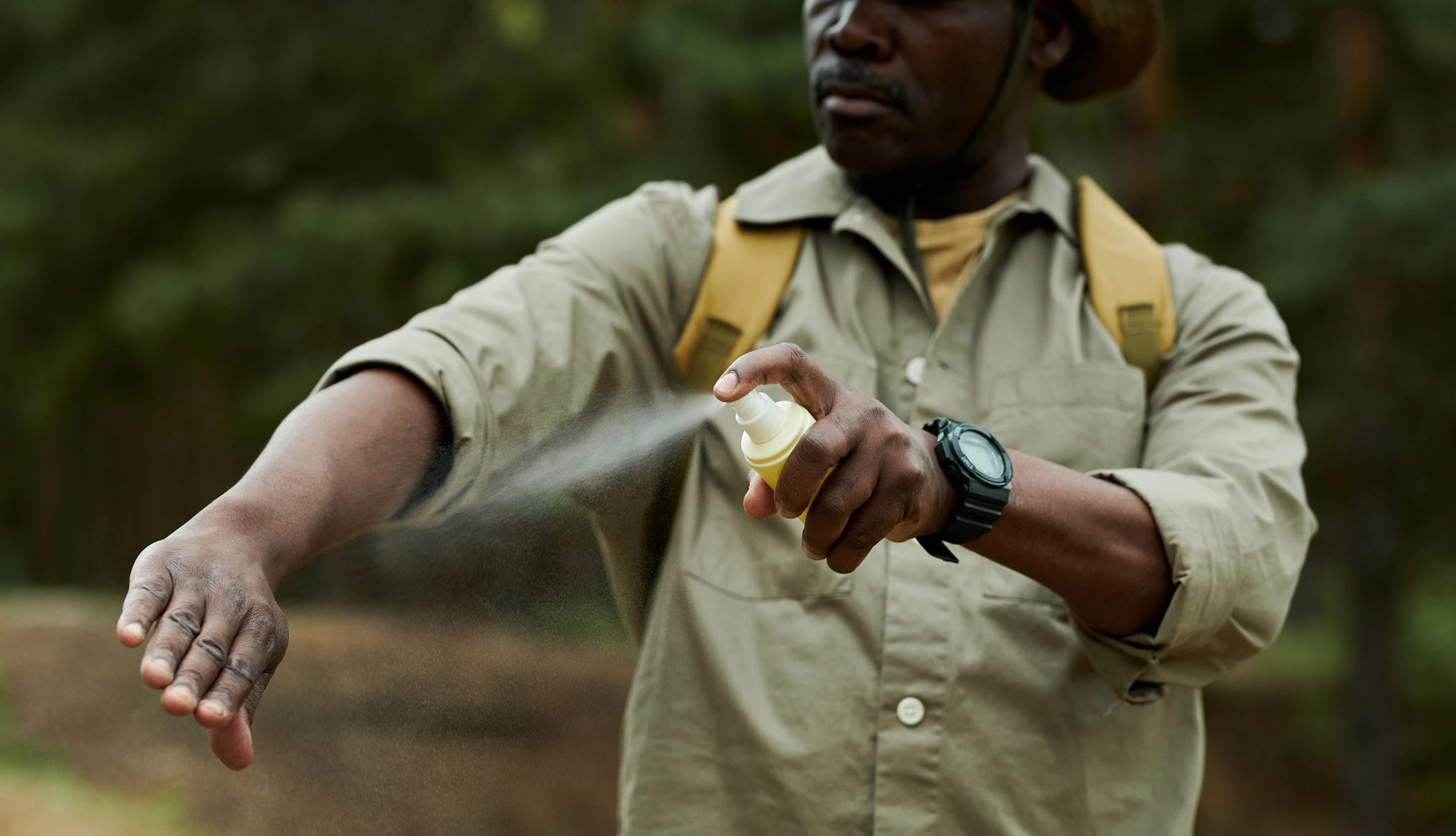
- Select a language for the TTS:
- UK English Female
- UK English Male
- US English Female
- US English Male
- Australian Female
- Australian Male
- Language selected: (auto detect) - EN
Play all audios:
LAWN TREATMENTS Pest companies offer treatments that blanket the lawn with insecticides to reduce mosquito populations. The treatments can work, though studies show that rainfall, the
equipment used and application techniques can make them less effective — and the results might only be temporary. Treatments “only kill mosquitoes that are in your yard at the time of
spraying,” says Deborah Landau, director of ecological management for the Nature Conservancy. “Mosquitoes typically fly 1 to 3 miles, so they can quickly repopulate your yard.” Lawn
treatments can affect the ecosystem. Landau notes that the chemical sprays kill all insects, including bees, fireflies, butterfly larvae and other pollinators. “Birds often pick up insects
killed by insecticides, and eat them or feed them to their young,” she adds. When it comes to kids and pets, the research isn’t clear, according to Landau. It’s best to read manufacturers’
instructions, ask questions and proceed with caution. 3 THINGS THAT DON’T WORK CITRONELLA CANDLES AND PLANTS Citronella plants might look great in the garden , but they do little to deter
biting bugs. Standing near the plants or having them in your garden doesn’t do much to keep mosquitoes at bay. In fact, if you plant enough citronella, it could have the opposite effect.
“Finding natural alternatives to chemicals for repelling mosquitoes is an attractive option,” Westby says. “[But] there is evidence that having dense and flowering vegetation will attract
mosquitoes to your yard, as they like to rest in cool, humid habitat and take sugar meals from flowers.” You can skip the citronella-scented candles, too. Despite their reputation, research
published in the Journal of Insect Science found that citronella candles had “no effect” on reducing the number of mosquitoes. SPREADING COFFEE GROUNDS It’s common for coffee companies to
offer used grounds to gardeners, and the nitrogen-rich remnants from a morning cup of coffee can improve soil structure, suppress common fungal diseases and provide nutrients for earthworms.
But there is no solid research showing that it prevents mosquito bites. Older research found that coffee-treated water (in birdbaths, for example) might deter mosquitoes from laying eggs in
those spots. You should always empty standing water in your yard to prevent mosquitoes from laying eggs there. USING SPATIAL REPELLENTS Old-school mosquito coils and battery-operated
devices that release insect repellents into the air are often used in enclosed or semi-enclosed spaces such as restaurant patios or screened porches. Although store shelves are stocked with
spatial repellents of all kinds, their effectiveness is mixed. The latest research shows that mosquitoes took fewer full blood meals. The insects bit and moved on before getting full, which
led them to bite more frequently and to spend more time in areas with spatial repellents — and no one wants to spend their summer with more mosquito bites. Bug zappers don’t work well on
mosquitoes or other biting flies, according to University of Delaware researchers. But beneficial bugs, including pollinators, are often killed by bug zappers. _Editor's note: This
article was originally published on June 16, 2023. It has been updated to reflect new information. _








